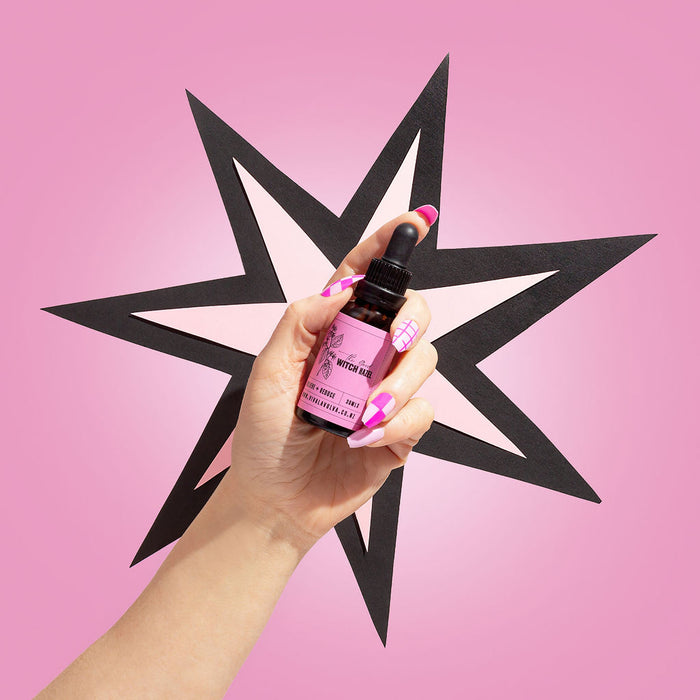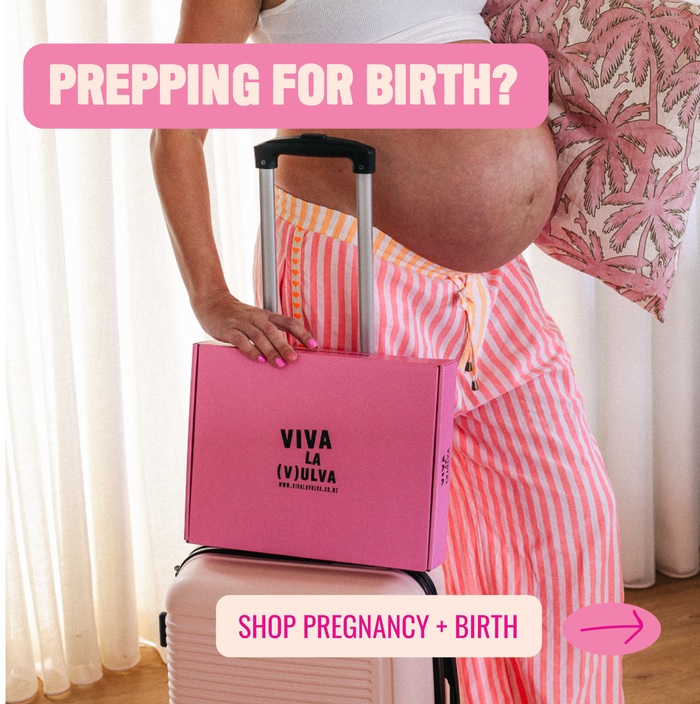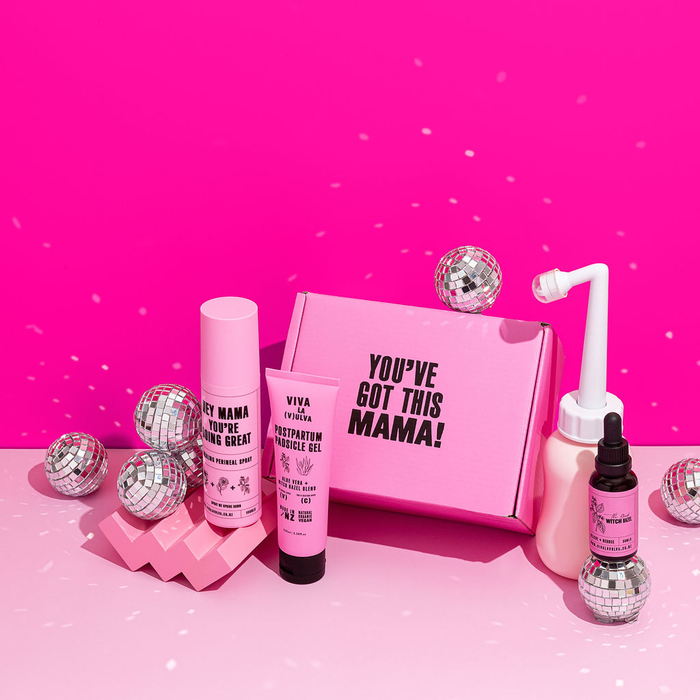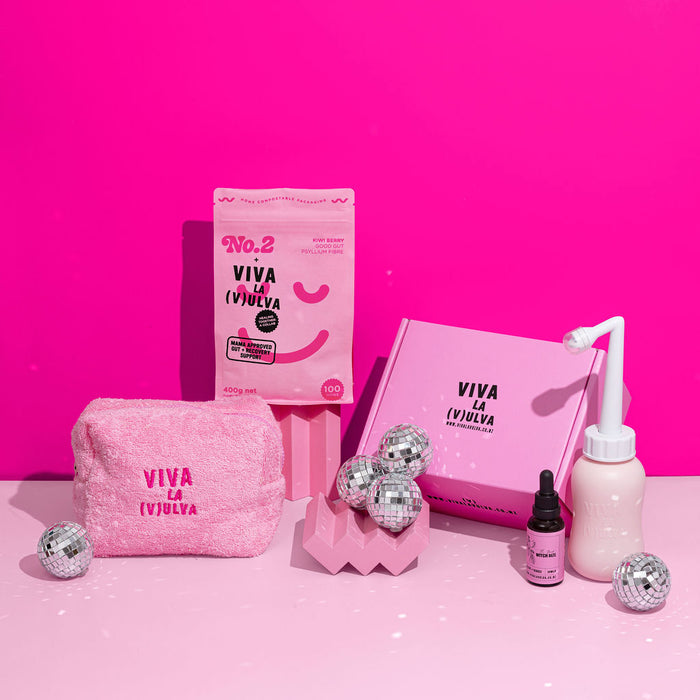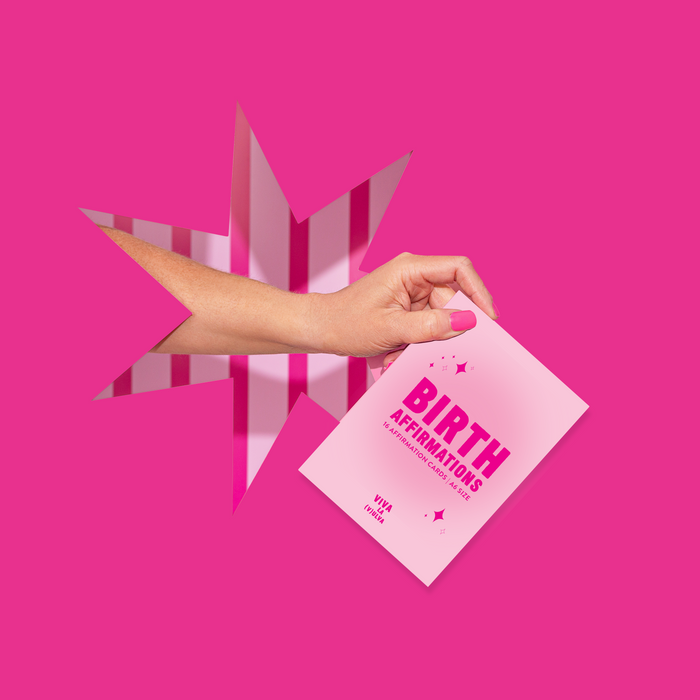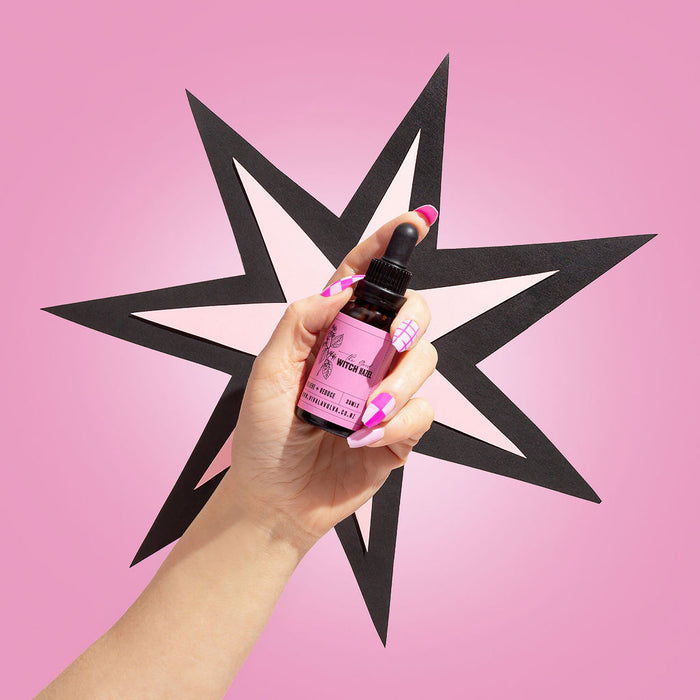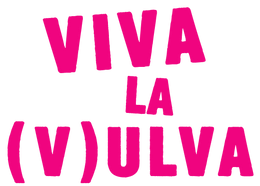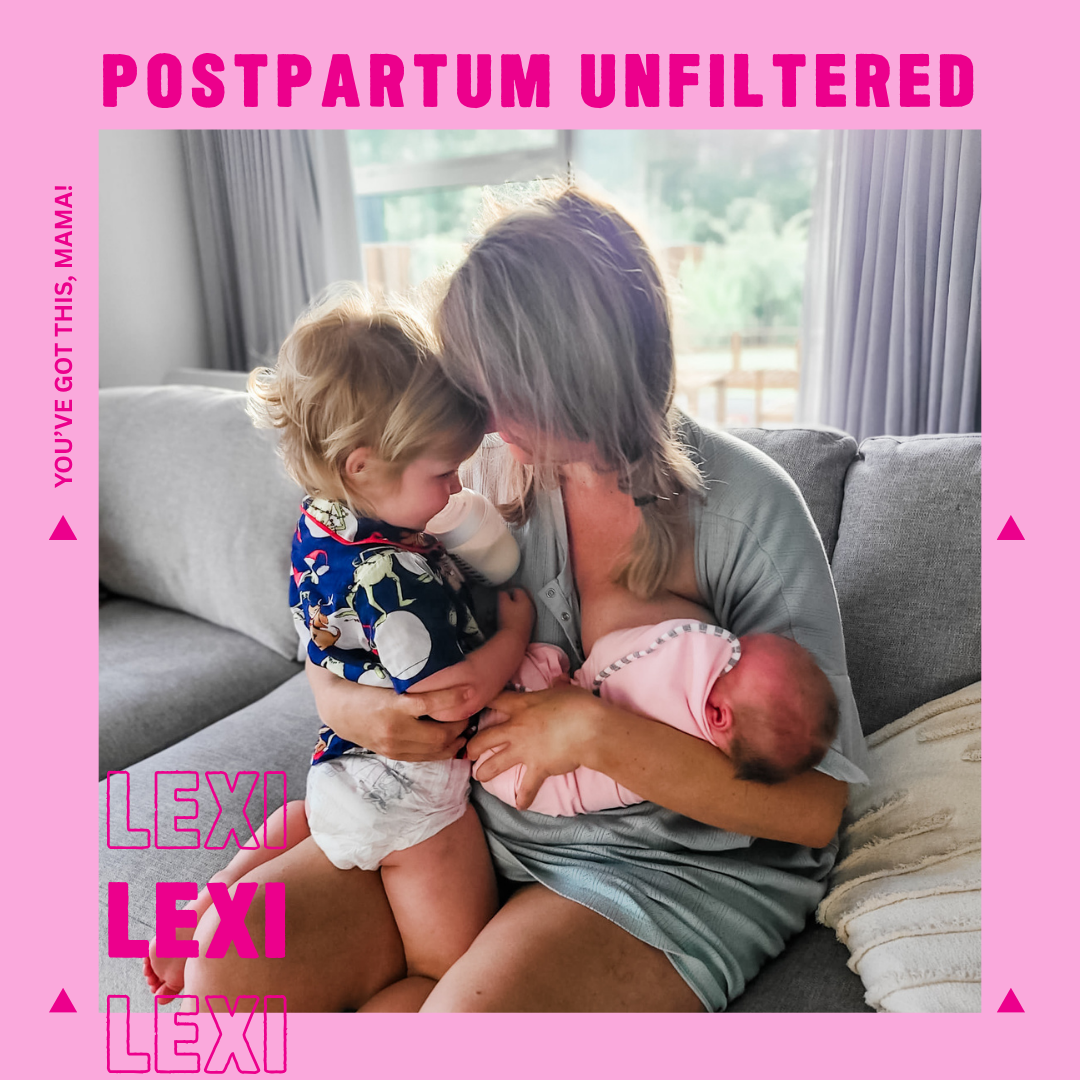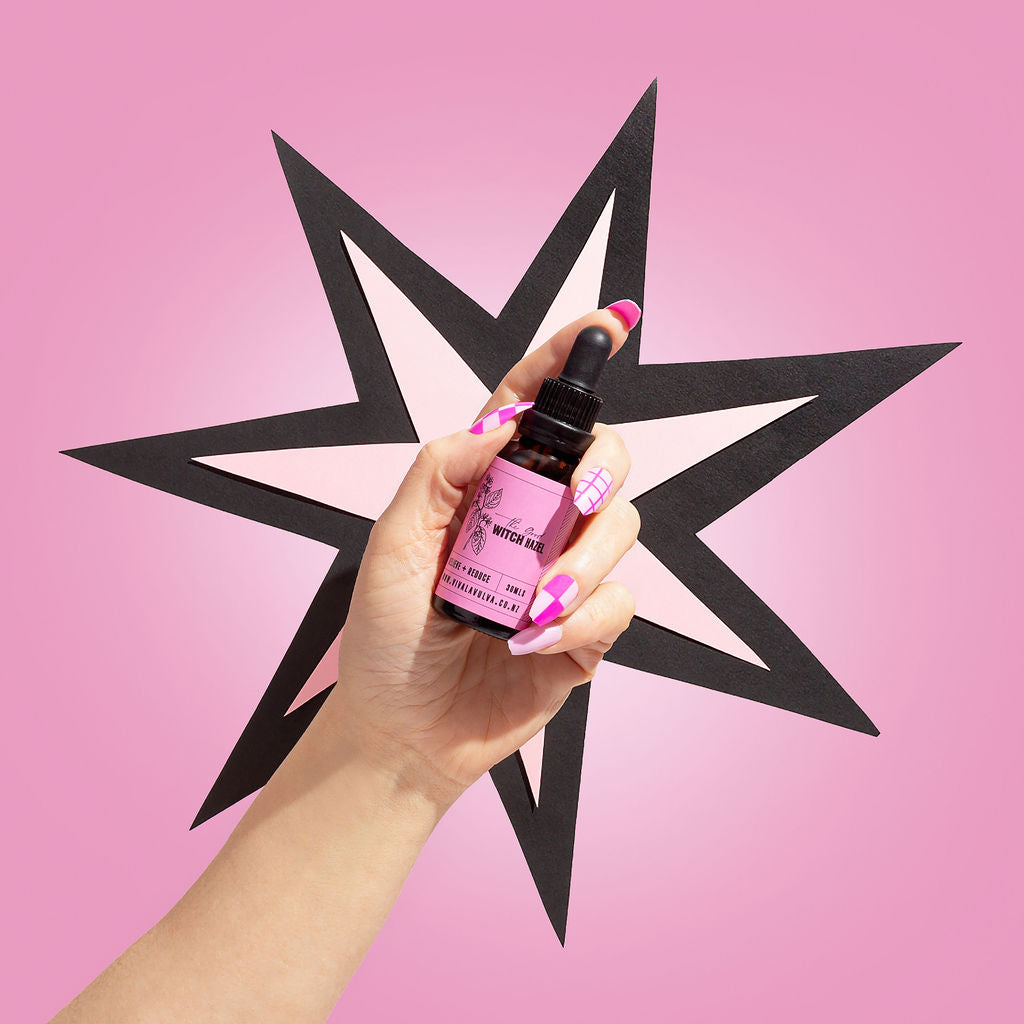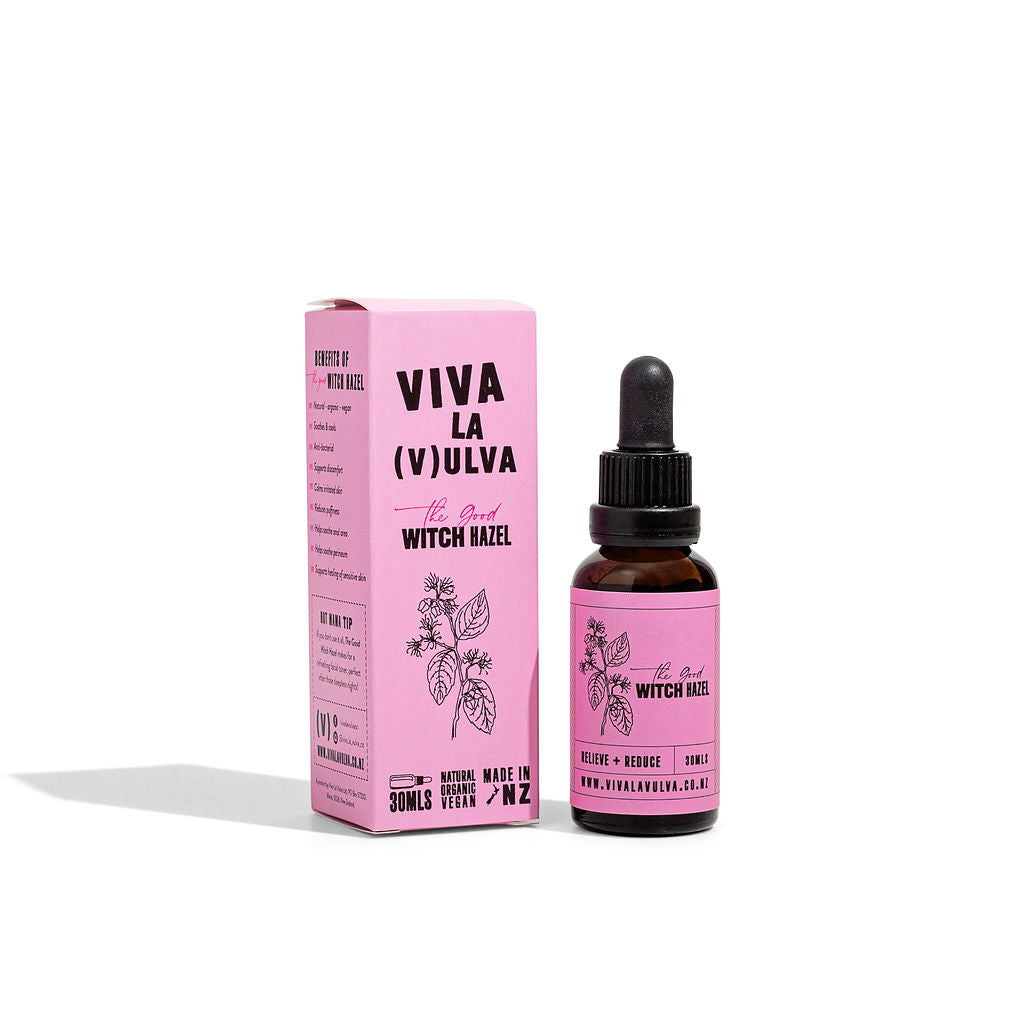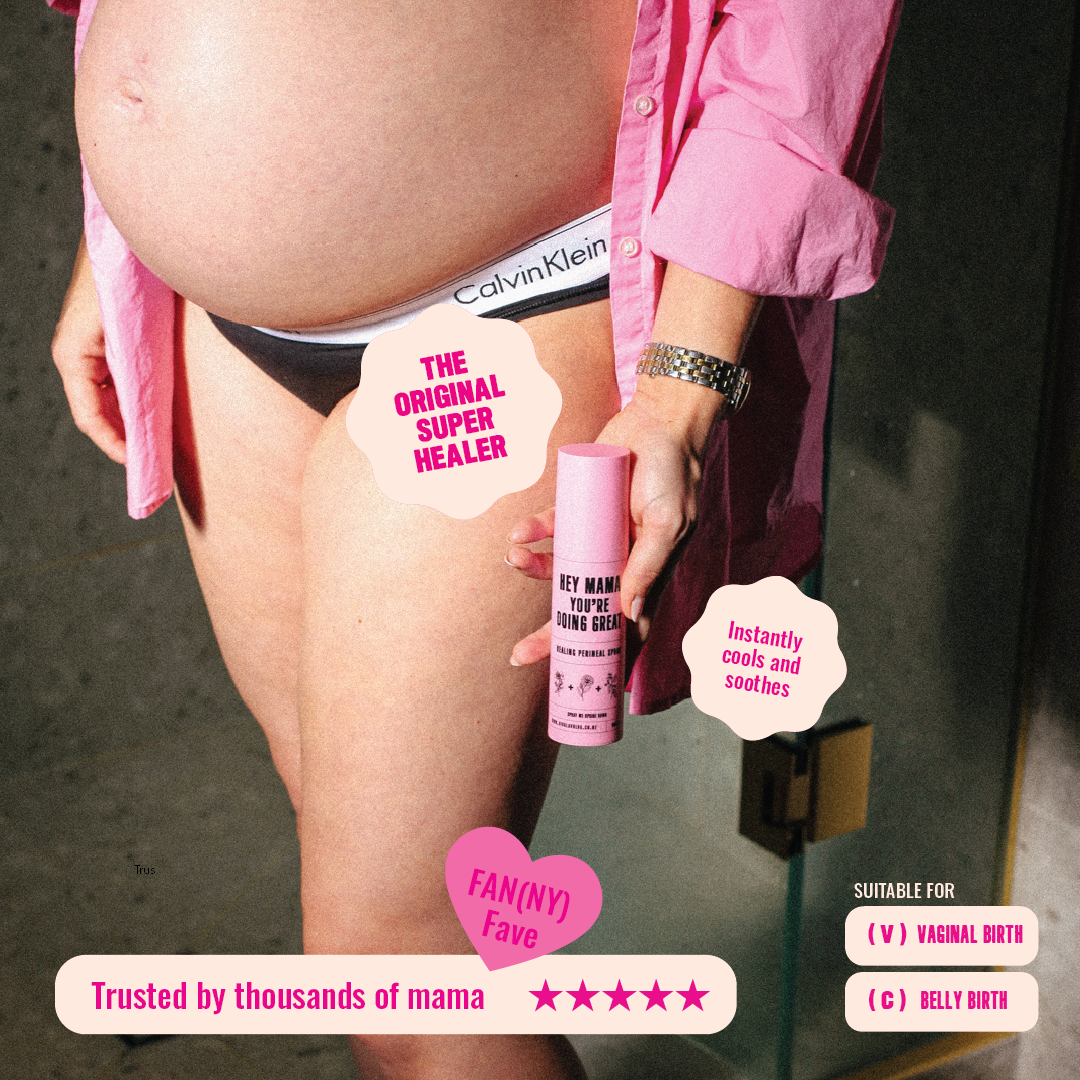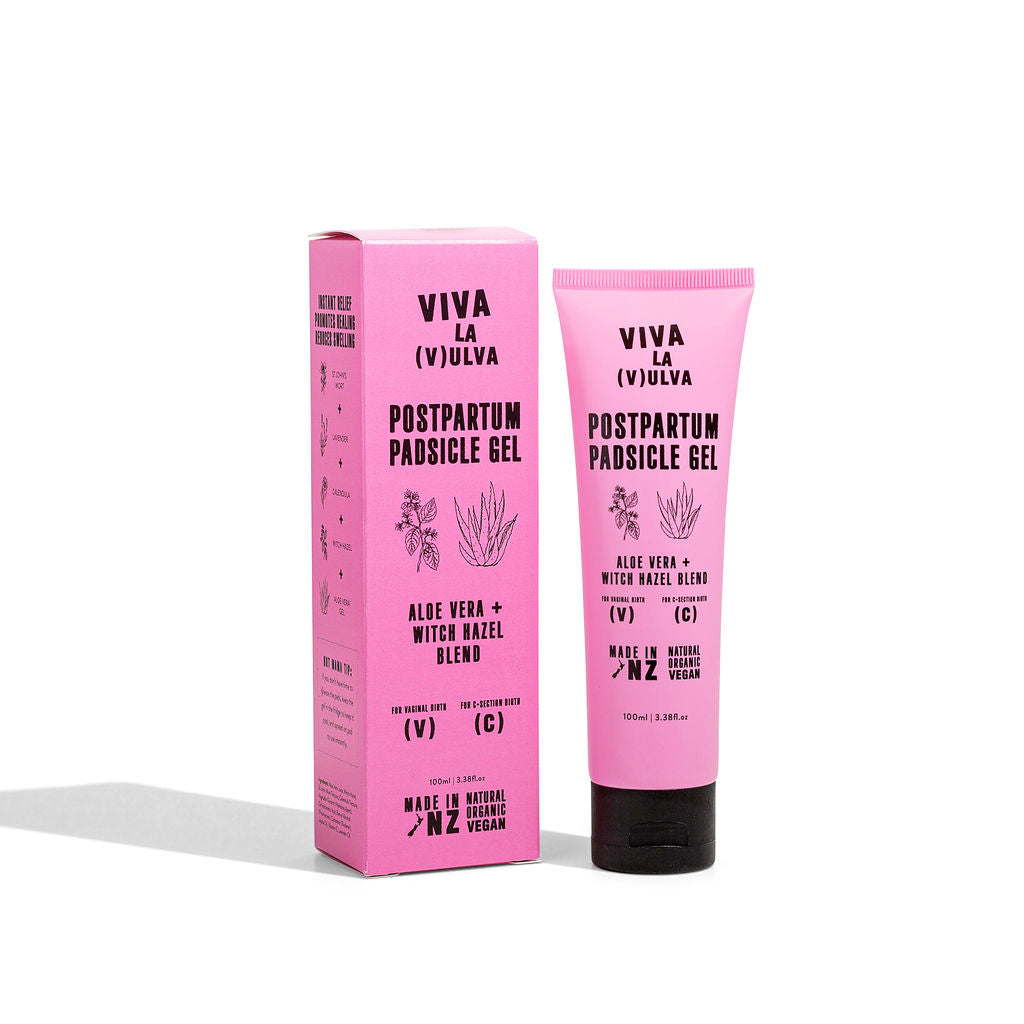
Silenced by Fear - A brief look into the Dark history of Maternal Mental Health
Maternal mental illness isn't a modern construct. It's as ancient as motherhood itself, yet for so long, women have been silenced out of fear, fear for their lives and fear of getting their children taken off them - because of ignorance and (no surprises here, the ignorance of the patriarchy). Now, postpartum depression is finally a recognised medical condition (albeit only just), and as a society, we are slowly but surely redefining how we approach maternal mental health. But understanding its deep-rooted history gives us some insight into the collective maternal experience, understanding the stigma, and isolation for women who dared to express their struggle. And it is one that all women should know about!
The concept of maternal mental illness has been around since the days of togas and philosophers, it’s not something we millennials made up (millennial mum here). Way back in the fifth century B.C - This is over 2000 years ago., old mate Hippocrates (considered the “Father of Medicine") had a theory that after giving birth, in some women, fluid from the uterus could travel to the head and cause some serious baby brain fog. This became the belief for thousands of years.
Then we fast forward, to the super dark Ages of PPD - the Middle Ages, where things were very grim. If a new mother showed any signs of sadness or depression after birth, she was labelled a witch and faced being burned at the stake. As you can imagine, this would’ve caused many women to stay silent.
In the Victorian Era - late 19th century, women who struggled with their mental health after giving birth - their children were taken off them and they were even sent to insane asylums, sometimes for life. Can you imagine being separated from your little one forever? It's heartbreaking to think about.
Fast forward another century, into the 1920s, some doctors blamed PPD on everything from ‘frigid personalities’, and ‘suppressed homosexuality or incestual thoughts’ to ‘too attached to their father figure (AKA Daddy issues)’. It's like they were playing a wild game of "pin the blame on the mummy." Thank the patriarchy for this absurdity. (Which is a whole issue on it’s own)
This is hundreds and thousands of years where women couldn’t speak up because of the fear of being burnt at the stake, being sent to insane asylums or their children being taken away from them.
Then there was a slight turning point - at least beginning to point in the right direction. In 1968 the medical community started to recognise that there were varied degrees of disorders and some less severe symptoms of PPD as they began to notice similar but different symptoms that varied from mother to mother.
BUT GET THIS - it took until 1994, 1994!!! For postpartum depression to be actually be officially recognised in the DSM (the big book of mental health conditions). This isn’t even that long ago, this is in our (millennial mama's) lifetime. Also, it needs to be noted here that this is still only recognised within the first 4 weeks after childbirth, and doesn't include any of the other perinatal mood and anxiety disorders our postpartum mamas face.
It's no wonder that there's still such a stigma surrounding maternal mental health and mothers feeling like they can't speak out. Out of fear. There is such a rich, deep-rooted history of suppression.
We've come so far, but collectively we still have so far to go. There is a lot more research being done in this space now (hallelujah) and as this unfolds and our collective voices raise louder and louder, more and more mothers will be seen, heard and understood. By understanding the past and supporting each other, we can break down those barriers and create a world where every mama feels safe, supported and even empowered to speak up, share her story and get the help she needs.
x VLV
This information was via Postpartum Facilitator Training with Kelsi Ludvigsen
https://www.kelsiludvigsen.com/
(Kelsi is an incredible weatlh of knowledge)
If you or anyone mama you know want to chat please reach out!
Here are some links below to resources and places to help you if you, or know anyone that may be experiencing signs of Perinatal distress:
https://www.littleshadow.org.nz/
https://www.mothershelpers.co.nz/
https://pada.nz/national-helplines/
https://pada.nz/screening-tools/
